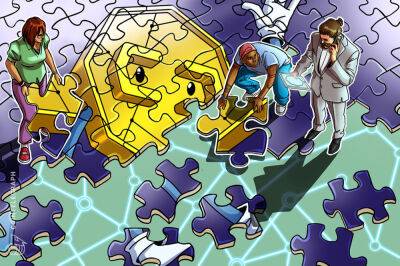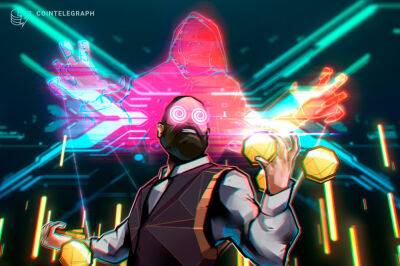DAO structure supports advancement of modern science in latest Web3 movement
While the concept of decentralized finance (DeFi) is still seeing strong growth projections, it is not the only industry showing massive potential. Following the financial use case came a host of scientists and entrepreneurs who incorporated smart contracts, tokens and other blockchain tools in their efforts to improve modern science. The movement, which focuses on the benefits of decentralized cross-border collaboration science, is now more widely known as DeSci.
Originally, this movement stemmed from the need to enhance scientific funding, which was primarily set by scientists who spent half their time writing grant proposals. Consider that without funding, not only is less science being done, but the projects scientists choose to pursue are more biased. Although funding is just one part of current industry barriers, in many cases, they have led to knowledge silos and an extreme reliance on intermediaries for cross-collaboration.
Open Science originally emerged as an opportunity to address these concerns as a method to take scientific research and disseminate it across multiple levels of society. However, DeSci, although aligned with these goals, is much more than a successor 2.0 to Open Science. Instead, DeSci is a separate movement with varied and evolving objectives, with a foundation in blockchain technology.
Similar to how blockchain disrupts other industries, Web3 models are now challenging Web2 with decentralized, shared ownership in avenues such as funding and shared knowledge.
In practice, decentralized communities built on Web3, known as decentralized autonomous organizations (DAO), connect like-minded individuals through smart contracts. These contracts, which exist as code, describe the rules of how a DAO is
Read more on cointelegraph.com

![Solana [SOL] NFTs stand to be the undisputed king of trading volumes in Q2 2022 as per latest report - ambcrypto.com](https://gocryptonft.com/storage/thumbs_400/img/2022/7/9/52533_2r0.jpg)
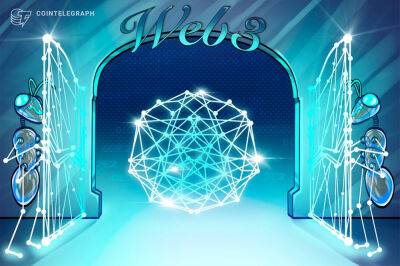
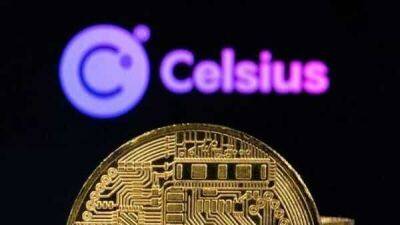
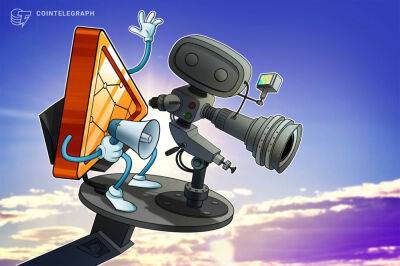
![This is what Polkadot [DOT]’s latest formation means for traders - ambcrypto.com](https://gocryptonft.com/storage/thumbs_400/img/2022/7/8/52469_12ce.jpg)

